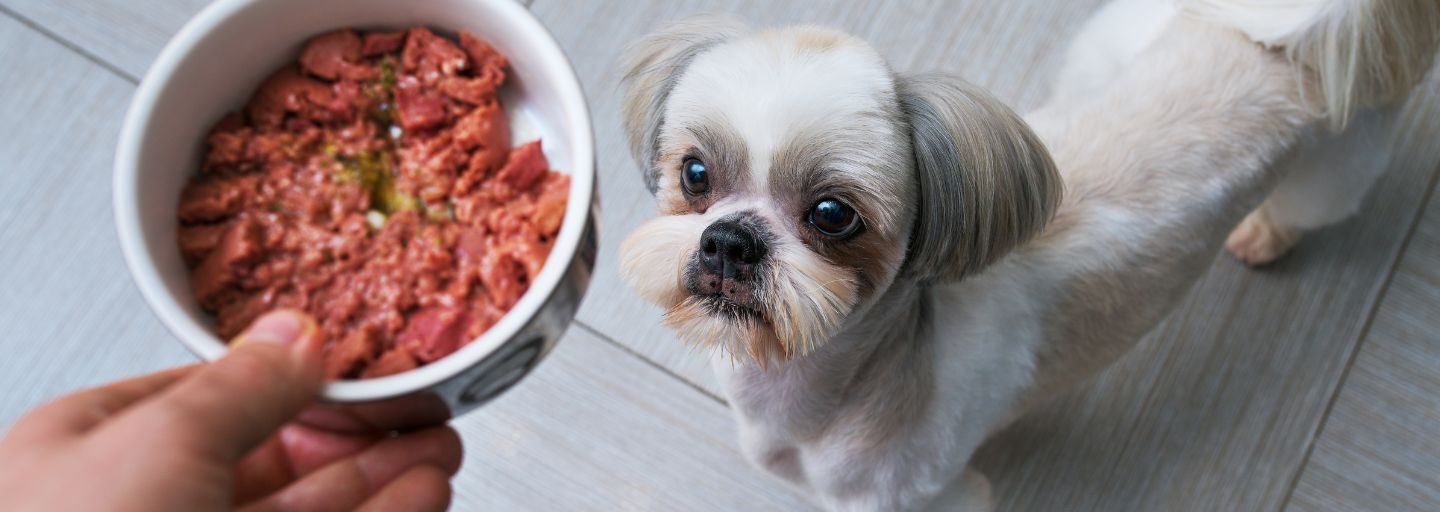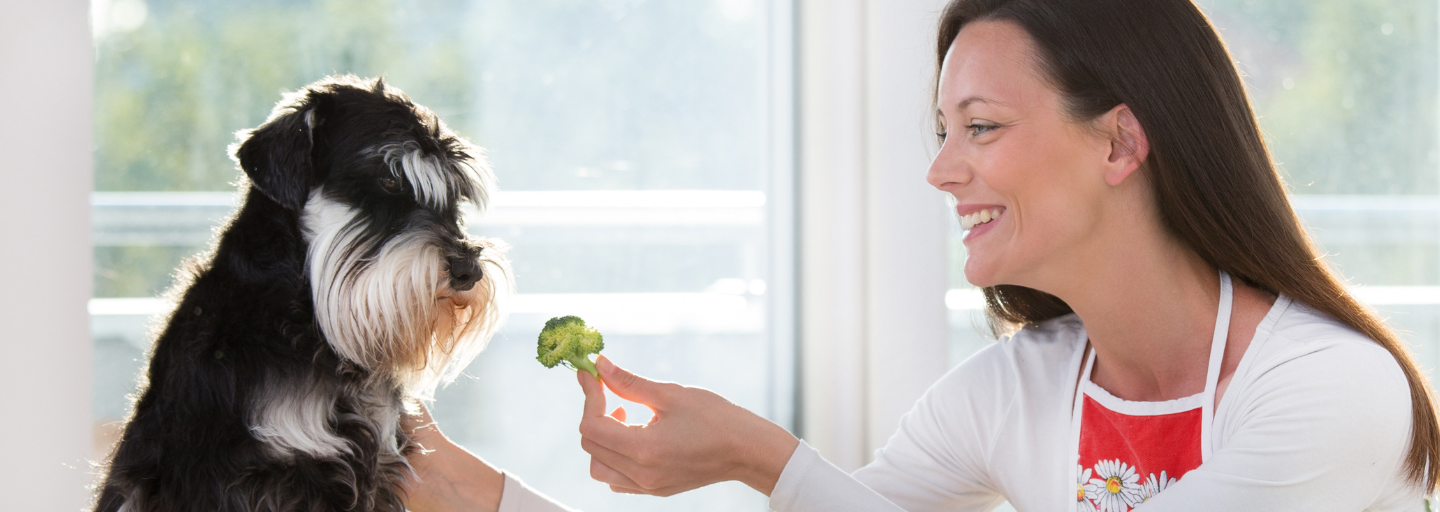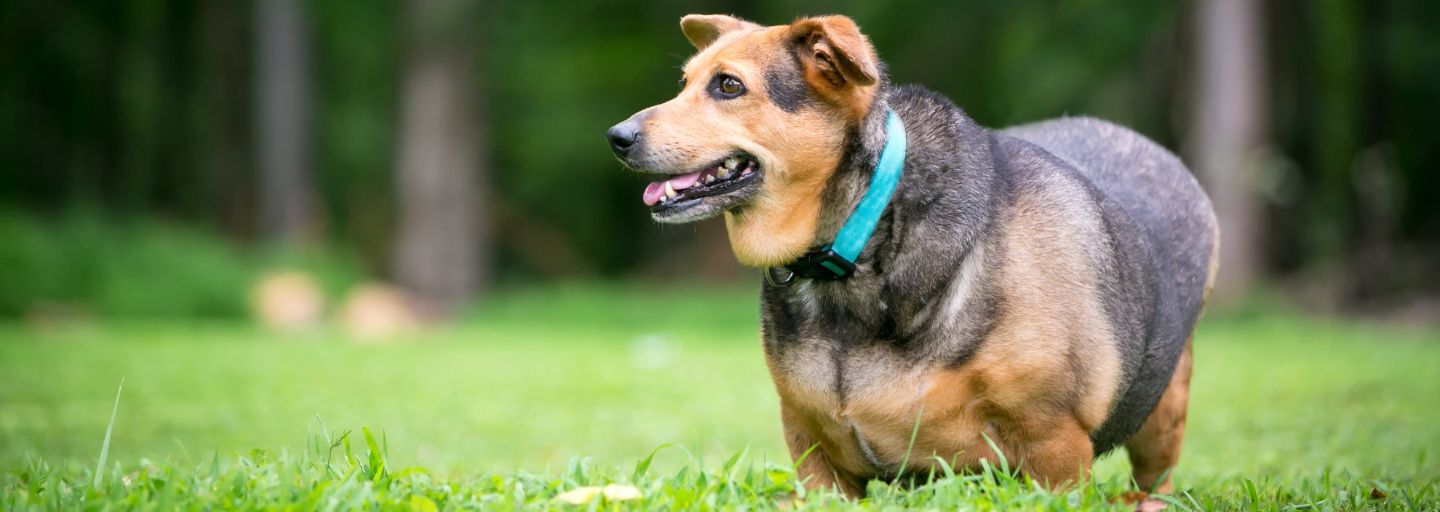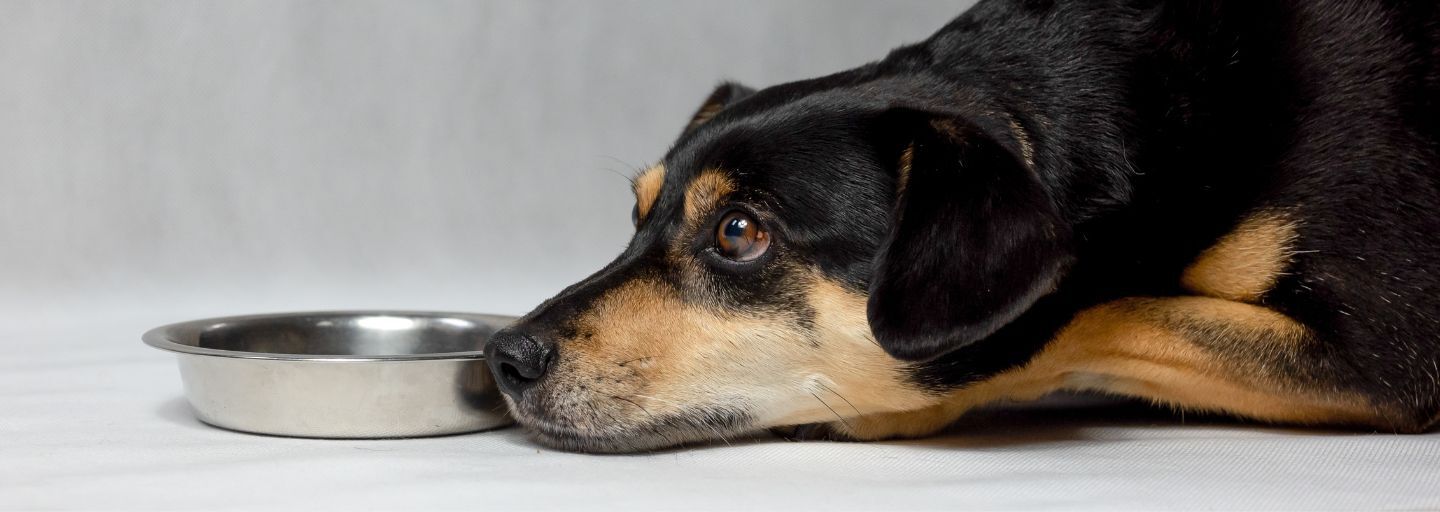As pet owners, we always strive to provide the best care and nutrition for our furry friends. With the increasing popularity of grain-free diets for dogs, many pet owners are left wondering if this is the right choice for their beloved companions. In this article, we will explore the benefits and considerations of a grain-free diet for dogs, helping you make an informed decision about your pet's nutrition.
What is a grain-free diet?
A grain-free diet for dogs eliminates common grains such as wheat, corn, soy, and rice from their meals. Instead, it focuses on protein-rich ingredients like meat, fish, and vegetables. The idea behind this dietary approach is to mimic the natural diet of dogs' ancestors, who primarily consumed meat and plant-based foods.
Potential benefits of a grain-free diet
- Adress food allergies: One of the main reasons pet owners opt for a grain-free diet is to address potential food allergies or sensitivities in their dogs. Grains, especially wheat and corn, are known allergens for some dogs, causing skin irritations, digestive issues, and even chronic ear infections. By eliminating grains from their diet, pet owners hope to alleviate these symptoms and improve their dog's overall well-being.
- Improved Digestion: Another benefit often associated with grain-free diets is improved digestion. Dogs have a shorter digestive tract compared to humans, making it easier for them to digest and absorb nutrients from animal-based proteins. Some pet owners claim that a grain-free diet leads to smaller and firmer stools, indicating better digestion and nutrient absorption. However, it's important to note that individual dogs may respond differently to dietary changes, and consulting with a veterinarian is crucial before making any significant alterations to their diet.
- Weight management: Grains, particularly those with high glycemic indexes, can cause spikes in blood sugar levels, leading to increased hunger and potential weight gain in dogs. By eliminating grains and replacing them with protein-rich ingredients, pet owners can provide their dogs with a more balanced and satiating diet, potentially aiding in weight management.
Potential drawbacks of a grain-free diet
- Not all dogs require a grain-free diet: it's important to note that not all dogs require a grain-free diet. Dogs are omnivores and can digest and derive nutrients from a variety of food sources, including grains. Unless your dog has a diagnosed grain allergy or sensitivity, a grain-free diet may not be necessary.
- Nutritional considerations: Additionally, it's crucial to ensure that a grain-free diet still provides all the necessary nutrients for your dog's optimal health. Grains can be a valuable source of carbohydrates, fibre, and essential nutrients like vitamins and minerals. When eliminating grains, it's important to replace them with suitable alternatives to maintain a balanced diet. Consulting with a veterinarian or a professional pet nutritionist can help ensure that your dog's nutritional needs are met.
- Choosing reputable brands: Lastly, it's worth mentioning that the grain-free pet food market has seen significant growth in recent years, leading to a wide variety of options available. However, not all grain-free pet foods are created equal. It's important to choose reputable brands that prioritize quality ingredients and have undergone rigorous testing to ensure their products meet the necessary nutritional standards. Reading labels and understanding the ingredients used in grain-free pet foods is crucial to make an informed decision for your dog's health.
The decision to feed your dog a grain-free diet should be based on their individual needs and any specific dietary requirements they may have. While a grain-free diet can be beneficial for dogs with grain allergies or sensitivities, it may not be necessary for all dogs. Consulting with a veterinarian is crucial to determine if a grain-free diet is the right choice for your furry friend.
If you do decide to switch your dog to a grain-free diet, it's important to ensure that their nutritional needs are still being met. Remember, every dog is unique, and what works for one may not work for another. Pay attention to your dog's overall health, digestion, and energy levels when making dietary changes. By making informed decisions and working closely with your veterinarian, you can provide your dog with the best possible nutrition for a happy and healthy life.



